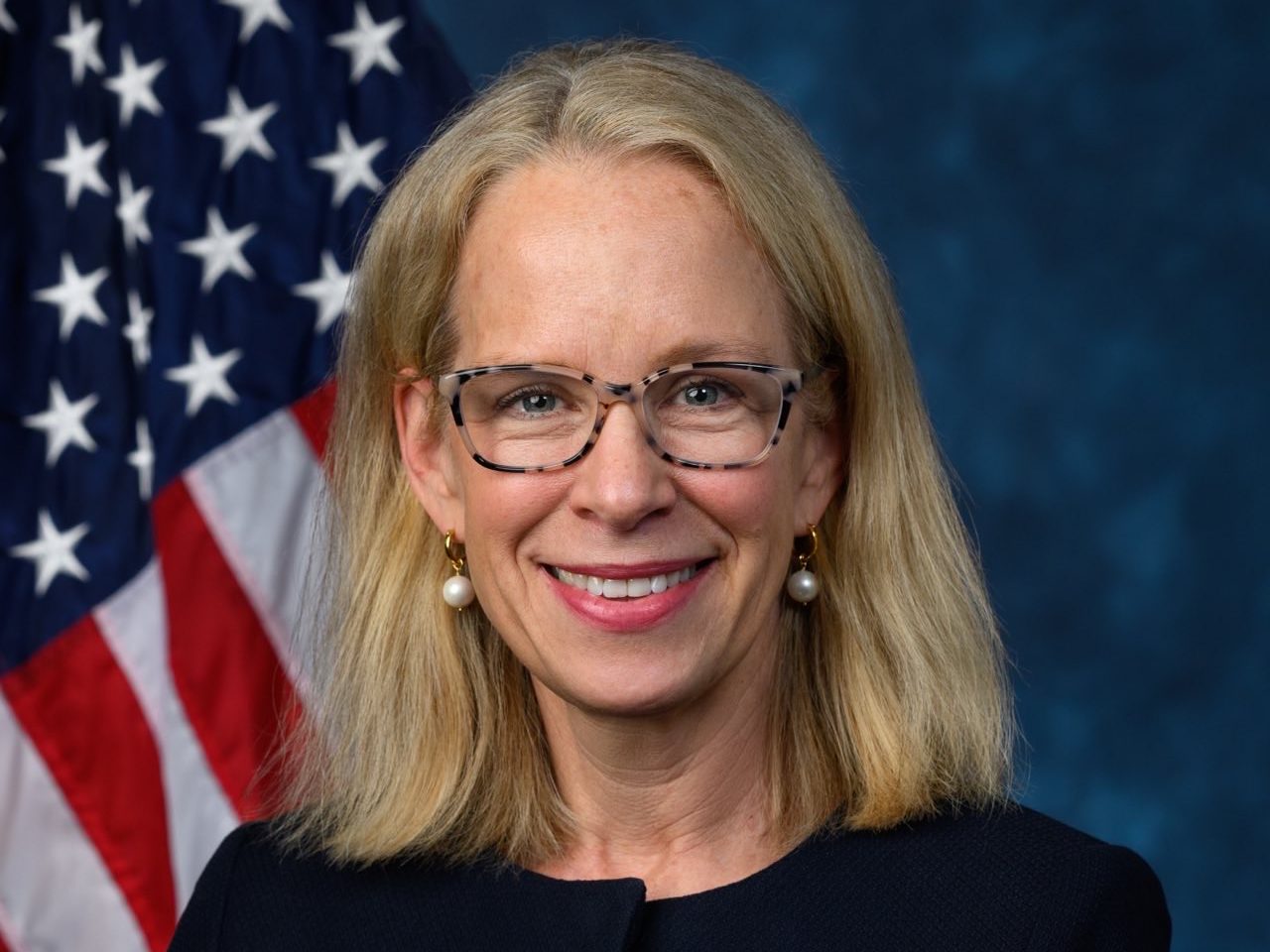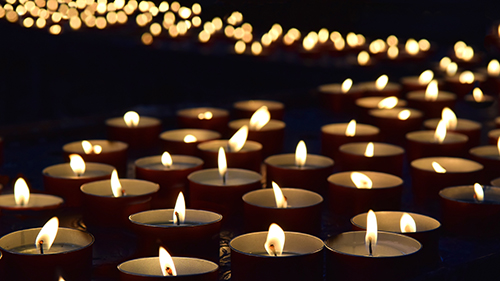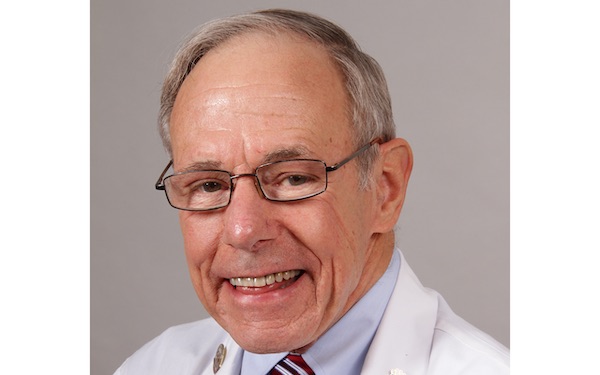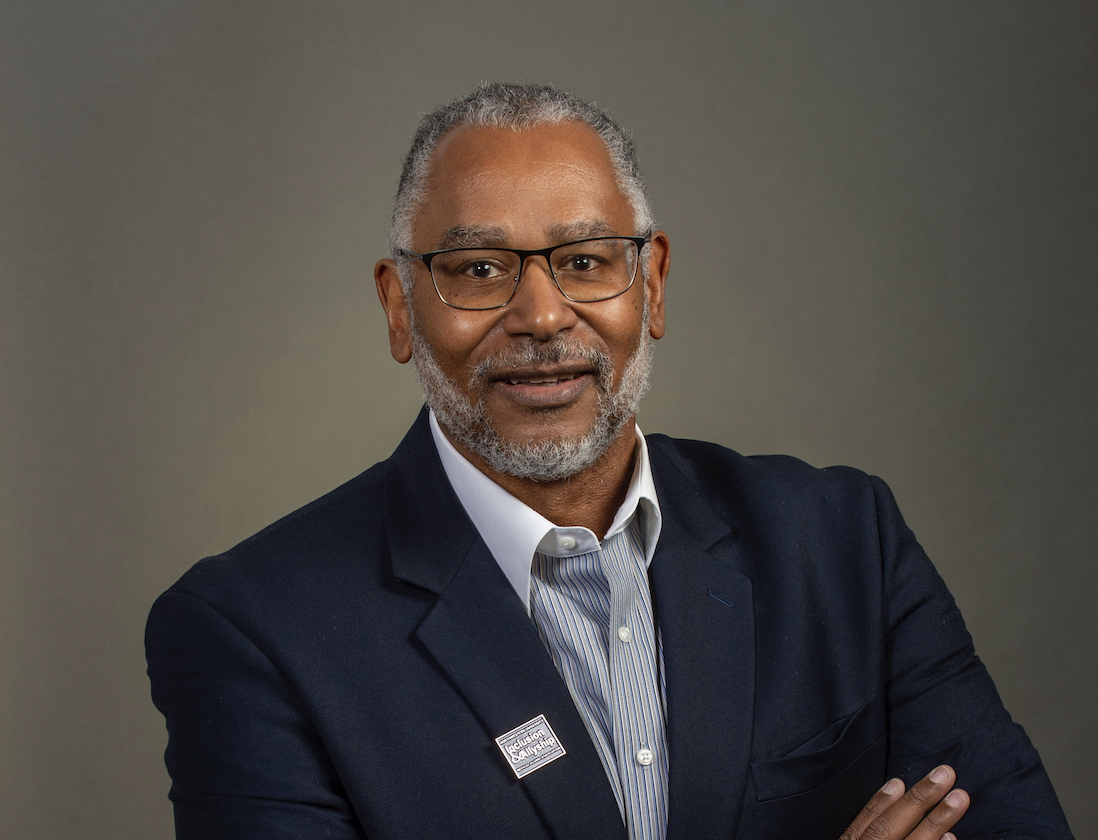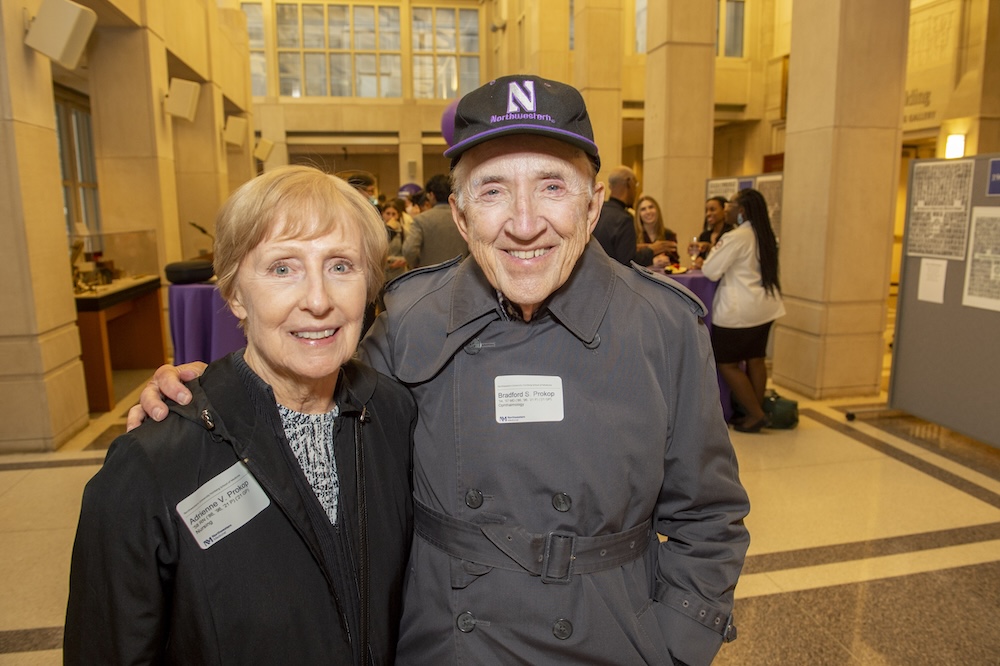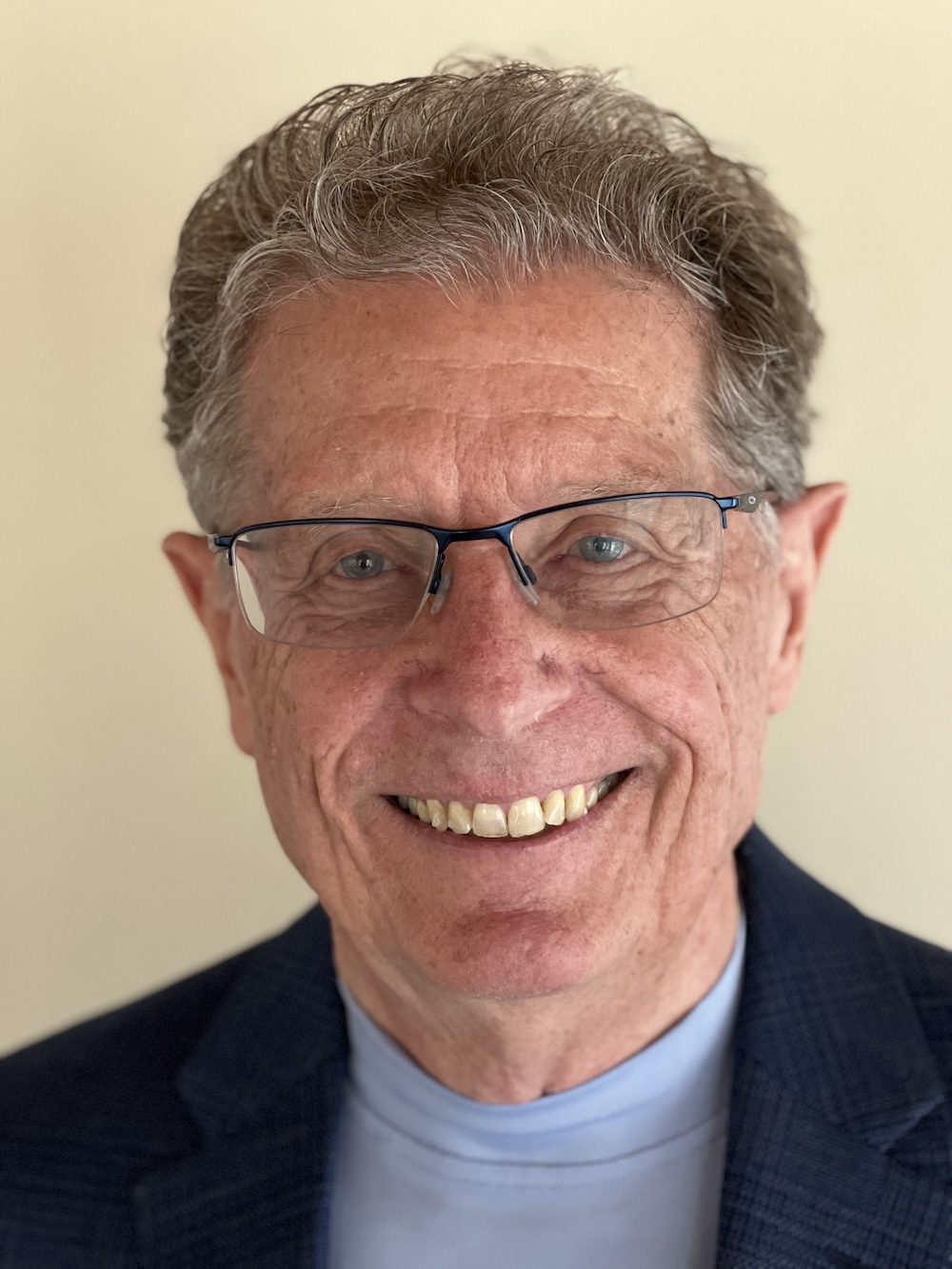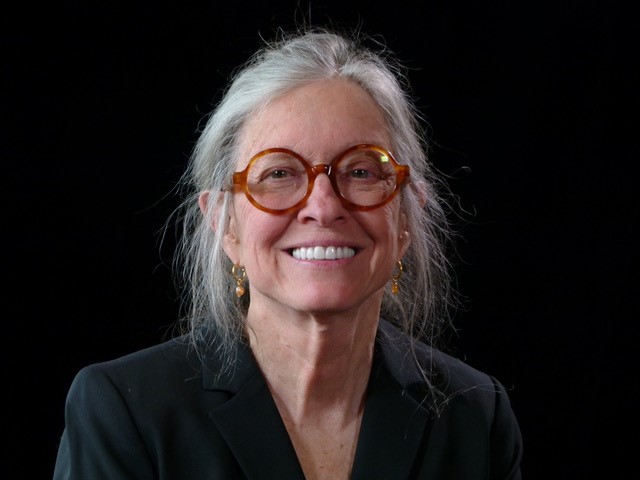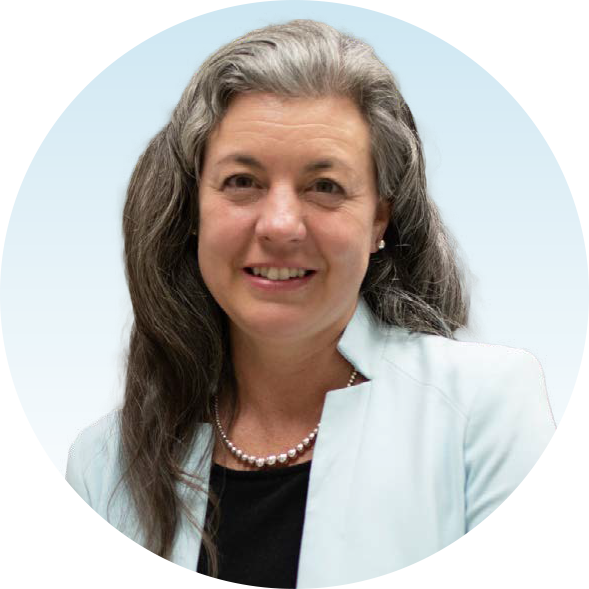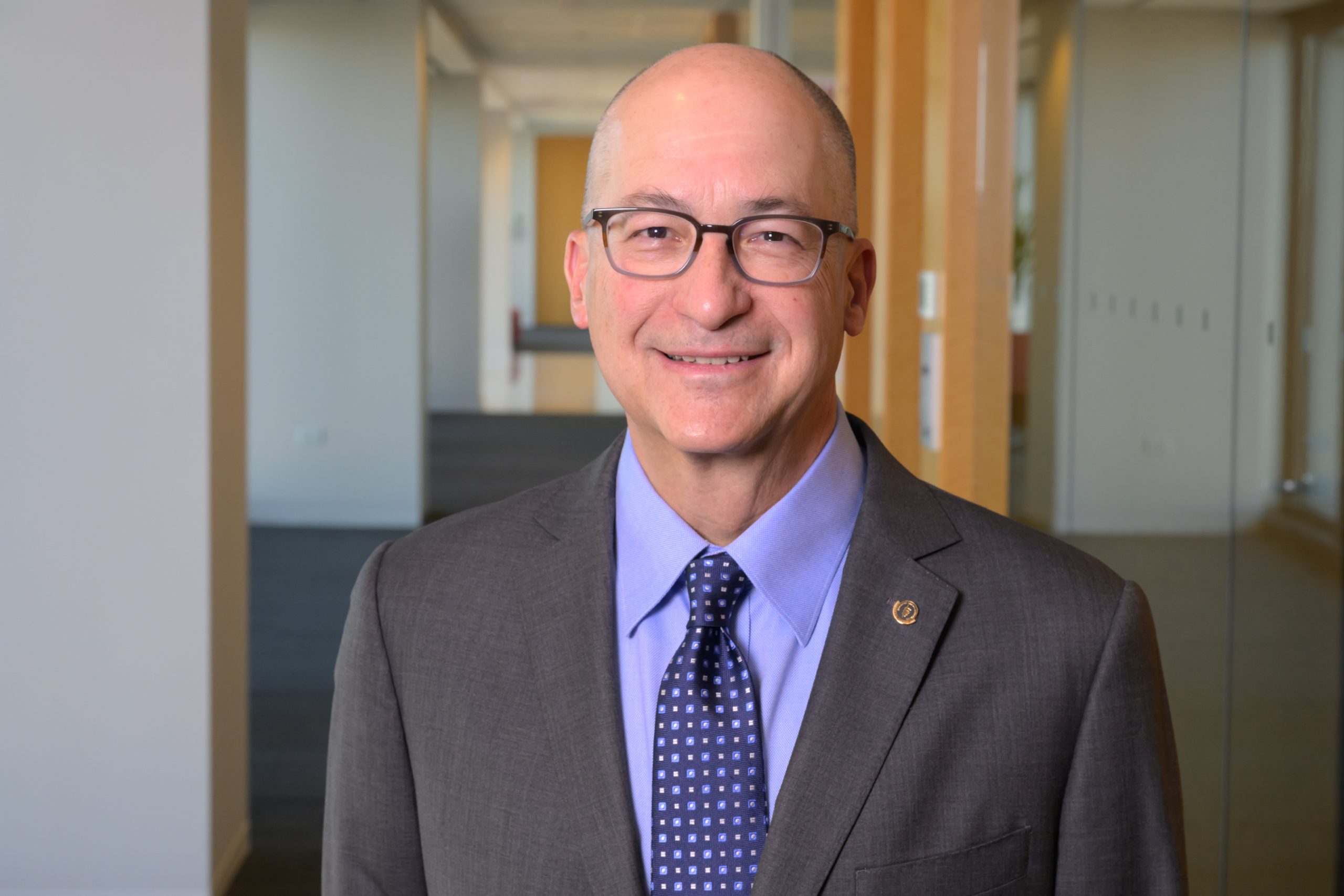Home / Alumni News / Inclusion and Allyship: Sharing Stories
Inclusion and Allyship: Sharing Stories
We’d love to hear from you!
One of the most positive aspects of Northwestern University Feinberg School of Medicine is that it brings together people from all walks of life for a common goal: improving people’s health and quality of life. Our community has many unique stories to share, and with the establishment of the new Inclusion and Allyship committee of the Medical Alumni Association Board, we are excited to do so more broadly, including in the pages of Northwestern Medicine. We look forward to hearing your stories, too. Please submit your story below, in our Progress Notes form, or email gina.bazer@northwestern.edu.
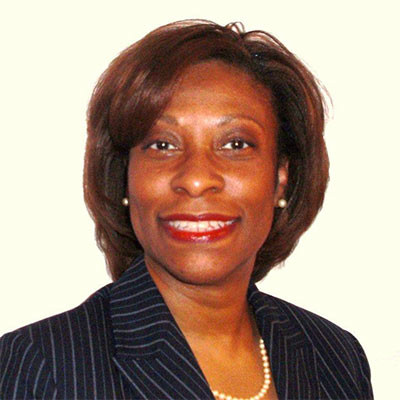
SABRINA R. KENDRICK, MD, FACP, ’86 WCAS, ’95 GME
I look back on my fellowship in the Division of Infectious Diseases at Feinberg with fond memories. I was the first Black fellow in the division and the environment at Northwestern was not diverse, but I was always made to feel included and welcome, from the first day to well past the last day, by all attendings and staff. It started with the chairman, Dr. John Phair and the late fellowship program director, Dr. Boris Reisberg (RIP), who fostered a nurturing, caring, and supportive environment, along with excellent teaching that permeated down to all faculty and staff. I thrived in the environment, put in a lot of hard work, and finished my training with valued experiences.
Our life experiences make us the people we are. I often think of Maya Angelou’s words: “…people will forget what you said, people will forget what you did, but people will never forget how you made them feel.” I feel fortunate and great for my time spent at Northwestern.
My career path has not been all smooth sailing, which is why I have a lot to offer as a member of the Inclusion and Allyship committee, hoping to make things better for students and trainees of the medical school.
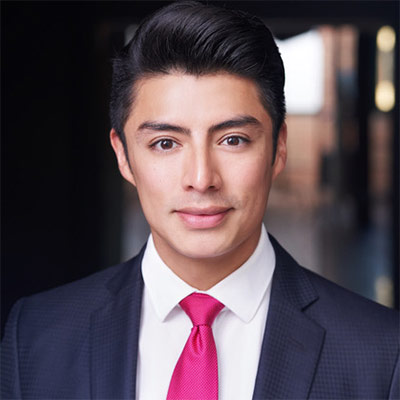
JAVIER GUEVARA, ’12 MD
My time at Northwestern had many challenges, but even through those difficult times, I encountered great humans here. People at the medical school have been there for me and lent me a hand when I needed it most.
This started even before I was a student. In 2006, on my way to Chicago for my interview, my suitcase did not make it. I had taken the last flight of the day and that evening, close to midnight, I had to scramble to put together an outfit for my interview the next morning. I purchased what I could at the nearest Walgreens and even had to borrow the hotel door attendant’s shoes. After learning about my evening, I remember the former associate dean of admissions, Dr. Delores Brown, asking me what Northwestern could do to bring me here.
Once here, the economic recession of the early 2000s affected my parents’ ability to pay for tuition. I am from Puebla, Mexico, and we had no family in the U.S. to cosign loans. Dr. John X. Thomas, who was senior associate dean for medical education at the time, met with me and my mother to discuss our available options. He advocated for me, and made me feel he cared. He told me that finances should not be — and were not going to be — the reason I would stop attending Northwestern.
Similarly, when I struggled during my clinical rotations, Dr. Julia Corcoran met and studied with me and assisted me in finding other tutors. The opportunities and help I received at this school have not only changed my life, but have impacted the future generations of my family and, for that, I will forever be thankful.
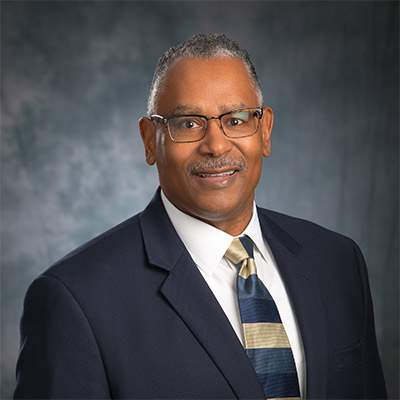
DARREN WETHERS, ’88 MD
I graduated from the medical school in 1988, as one of only three Black graduates in the class. Unlike the experience of students today, I recall having had only two Black faculty members during my four years (Drs. Tacoma McKnight and James Hill), and found my time there to be quite lonely and isolated. A vivid memory is having a classmate remark at the beginning of our second year, “Oh, you’re still here?” I knew that I was receiving a solid medical education, but had expectations of a more supportive environment.
I became a member of the Medical Alumni Association Board believing I can make a difference by representing viewpoints not often stated, experiences not shared by all, and advocating for a more just and equitable medical community. The creation of the Inclusion and Allyship committee is the first step in achieving that vision, and I look forward to working toward that aim.
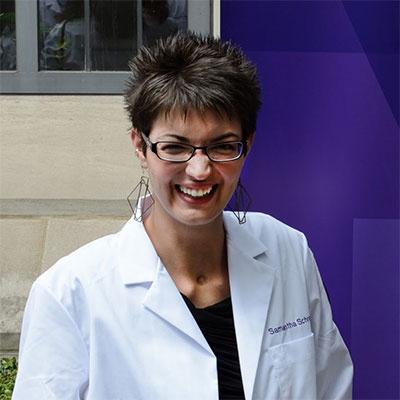
SAMANTHA SCHROTH, current MD/ PhD student
I never expected to practice medicine, at least not human medicine. As an undergrad, I was a fully committed animal science student with my “eyes on the prize” of veterinary school. Collegiate diploma in hand, everything was set until, a week later, a freak accident resulting in a spinal cord injury changed not only my plans for the upcoming fall, but also my perspective on life. Now, almost eight years later as a paraplegic and manual wheelchair user, I carry my identity as a disabled woman with pride — though it took quite a few of those eight years to reach this point. As a current trainee, Northwestern has continued to support and join me on this unexpected journey: Creating a space where identities can be celebrated and shared; promoting an environment that sometimes feels more familial than curricular. As I write this, I’m experiencing the unique feeling of watching my entering medical school class participate in the match and readying themselves for their future as outstanding physicians (I’ll get there someday!), and family is certainly the right word.
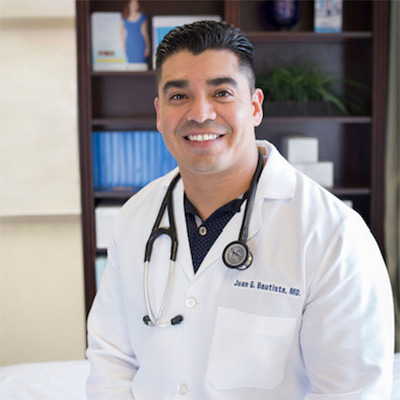
JUAN G. BAUTISTA, ’11 MD
Medical school was quite the experience for my then-little family. My wife, two children, and I uprooted from the agricultural city of Fresno, California, and decided to make Chicago our home. I had a very diverse background, playing college football, working in an underserved family business, and being that medical student with a family. Upon arrival, I immediately began to learn my role as part of the Northwestern family. I found my unique background allowed fellow classmates to identify with me, and also seek comfort in talking with me. We would often host Thanksgiving dinners with students who stayed in Chicago. The loneliness that medical school can bring was often relieved when my children came to visit me in class. Healing my own insecurities came through helping other students. There were various times when Dr. John Thomas, Dr. John Franklin, and Dr. Sunny Nakae Gibson asked me to speak to a classmate or check in on them. I quickly learned that instead of being “a non-traditional, underrepresented minority, older student,” I actually shared so much in common with many. As a physician, I am now a preceptor to medical students, pre-med students, and even high school youth interested in health careers. My goal is to change the mindset of “getting through” school to enjoying the process. I try to teach the importance of being there for each other and that helping others is the best way to help yourself. I am forever grateful to Northwestern for these lessons, and look forward to sharing what I’ve learned.
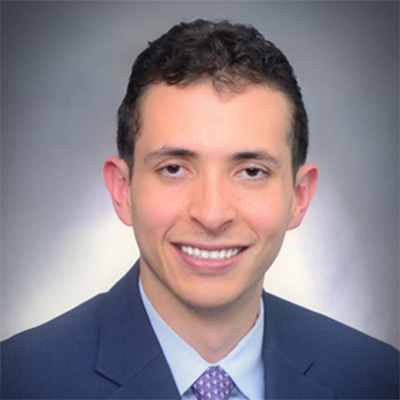
JAVIER SUAREZ, ’19 MD
I was born in Bogotá, Colombia, but have spent most of my life in Chicago. Growing up as an immigrant meant that even with supportive, college-educated parents, I had to navigate the world of U.S. higher education on my own. For people like me, who are entering a grand and intimidating field, this means actively seeking mentors and resources. Thankfully, I found a welcoming and inspiring support system in the Office of Diversity and Inclusion (ODI) at Northwestern. The kind smile of Anita Munoz gave me and many others a reprieve from the arid cycle of study, eat, sleep. Beyond a mere safe space, ODI provided opportunities for us to share our voices, stories, and skills with peers via national organizations and the city via youth outreach and mentorship programs. It is no exaggeration to say ODI was a vital part of my medical education and I am a better doctor because of my experiences with them. ”

